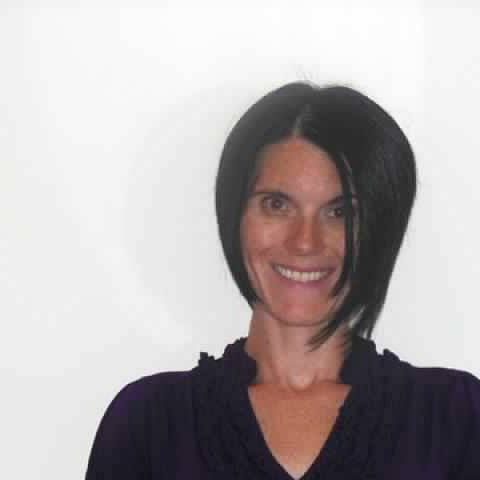In my opinion, there are two approaches to aphasia therapy: treating the deficit and treating life participation. It is an absolute honor and pleasure to have the ability to work full-time at a University as a speech-language pathologist/clinical supervisor treating persons with aphasia and their families/caregivers, as well as supervising graduate students. I supervise CSD graduate students who provide individual therapy and group therapy at any stage of their recovery with receptive/expressive aphasia. Our aphasia group, through group discussion and organized language and literacy activities encourages independence to maximize speech, language, and reading skills while providing a supportive, welcoming environment. It is so gratifying to experience how the individual and family affected by aphasia progresses through their journey in rehabilitation, as well as the CSD graduate student who fosters their clinical skills in treating as per skill level of the client, since aphasia affects each person/family so differently. It is my hope that we, as speech-language pathologists, and those who have been affected by aphasia will assist in changing the world’s view on how to communicate with someone who has aphasia through raising awareness in their community. The people and families/caregivers with aphasia that I have worked with taught me a valuable life lesson: That each day is a new day, you do not look backward, but rather forward while embracing variability….but most importantly, never give up! My advice as a speech-language pathologist to those who communicate with persons with aphasia is to have patience, you do not need to speak louder and slower, and encourage the individual to reclaim their life and stay engaged in daily activities. In the words of Louis Kossuth, “It is the surmounting of difficulties that make heroes.” To me, individuals with aphasia are indeed everyday heroes.

